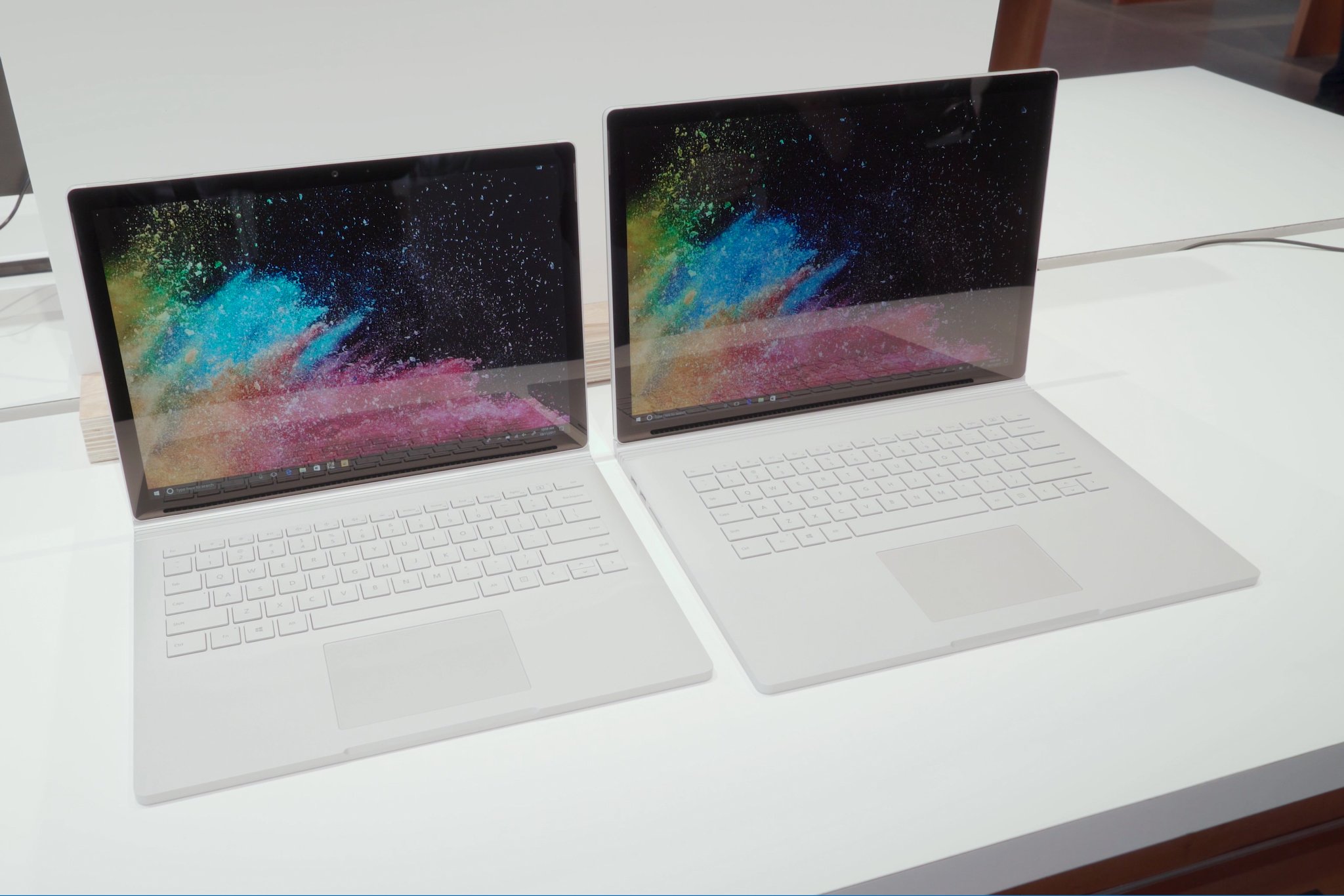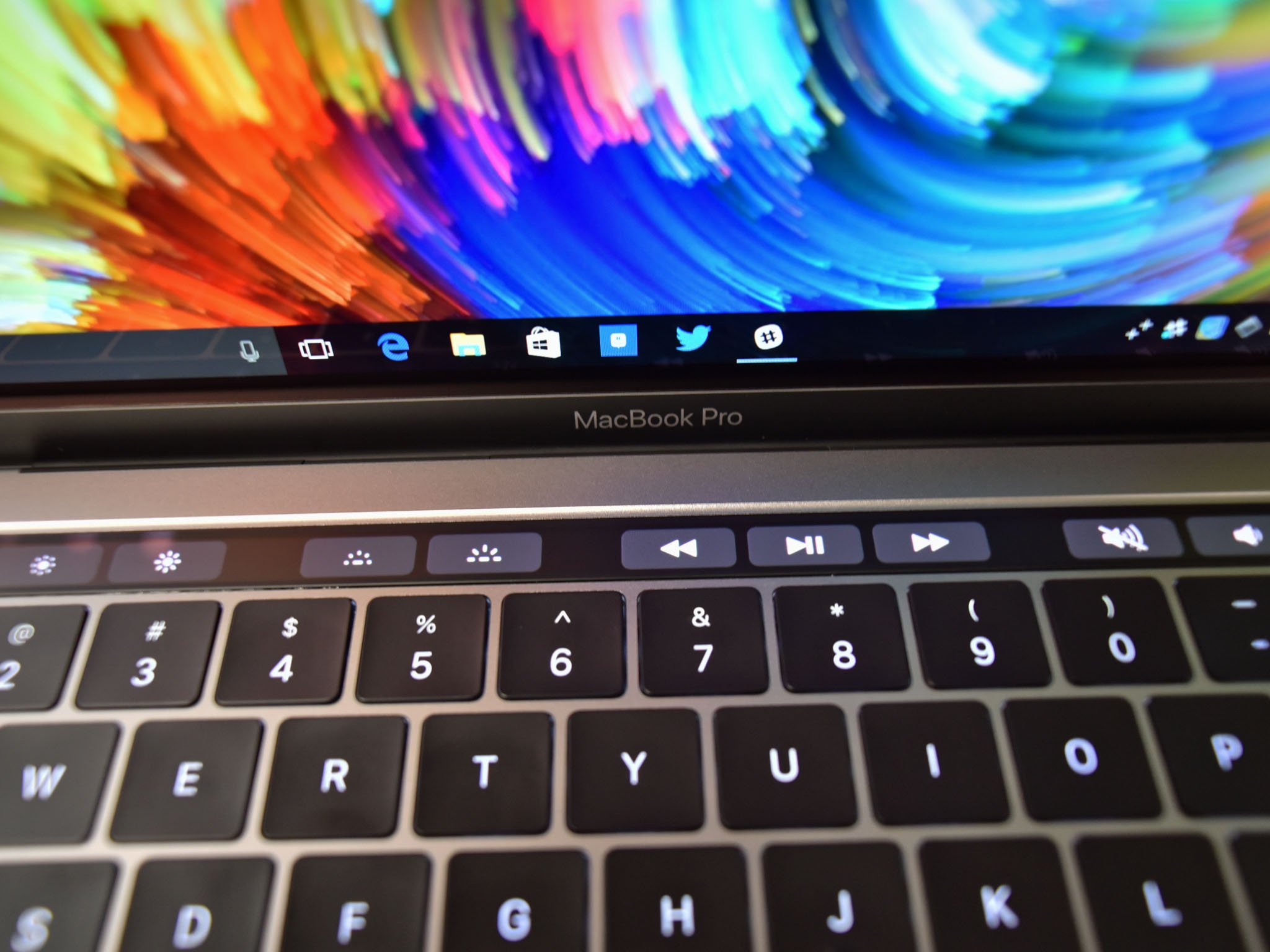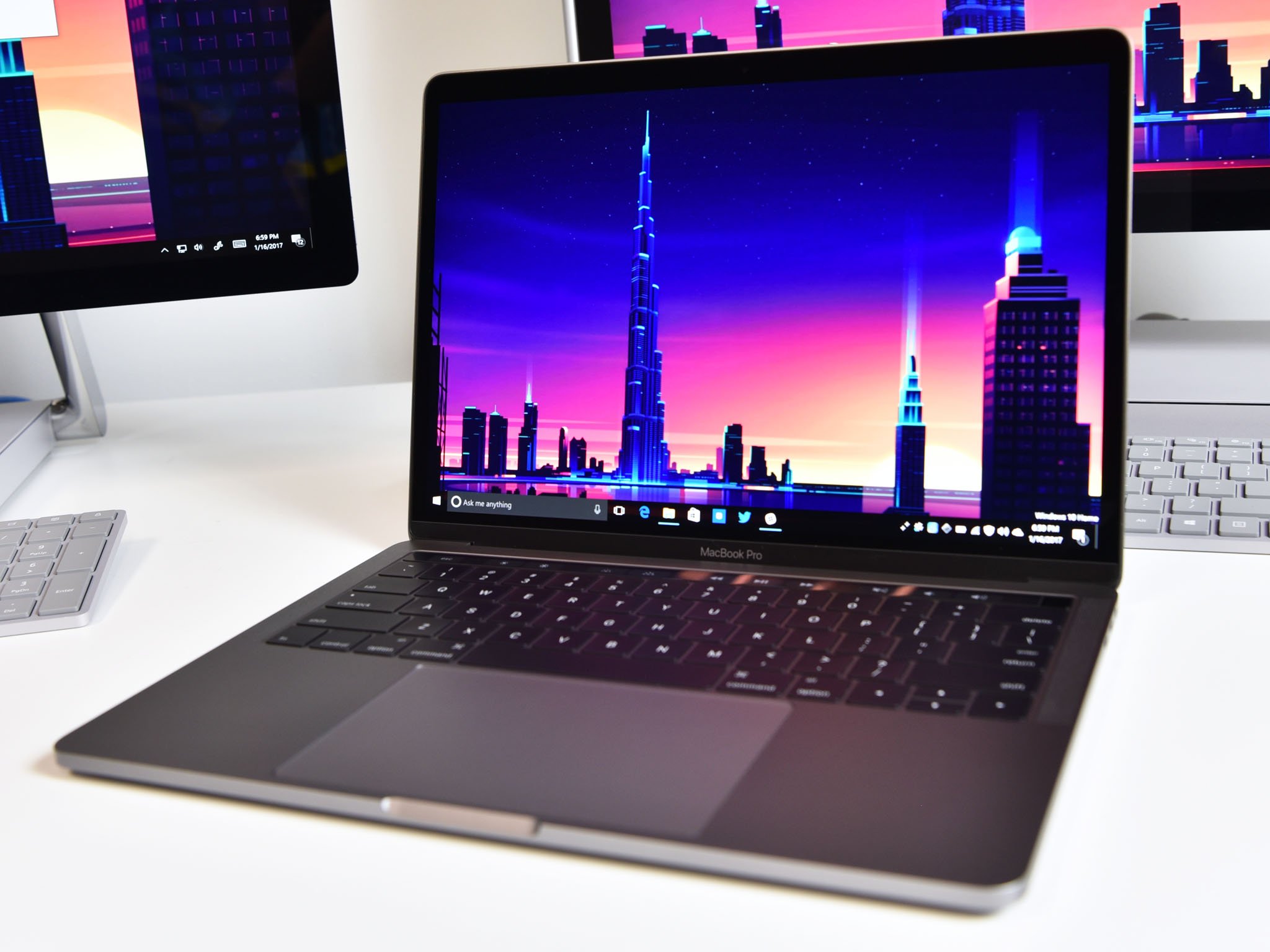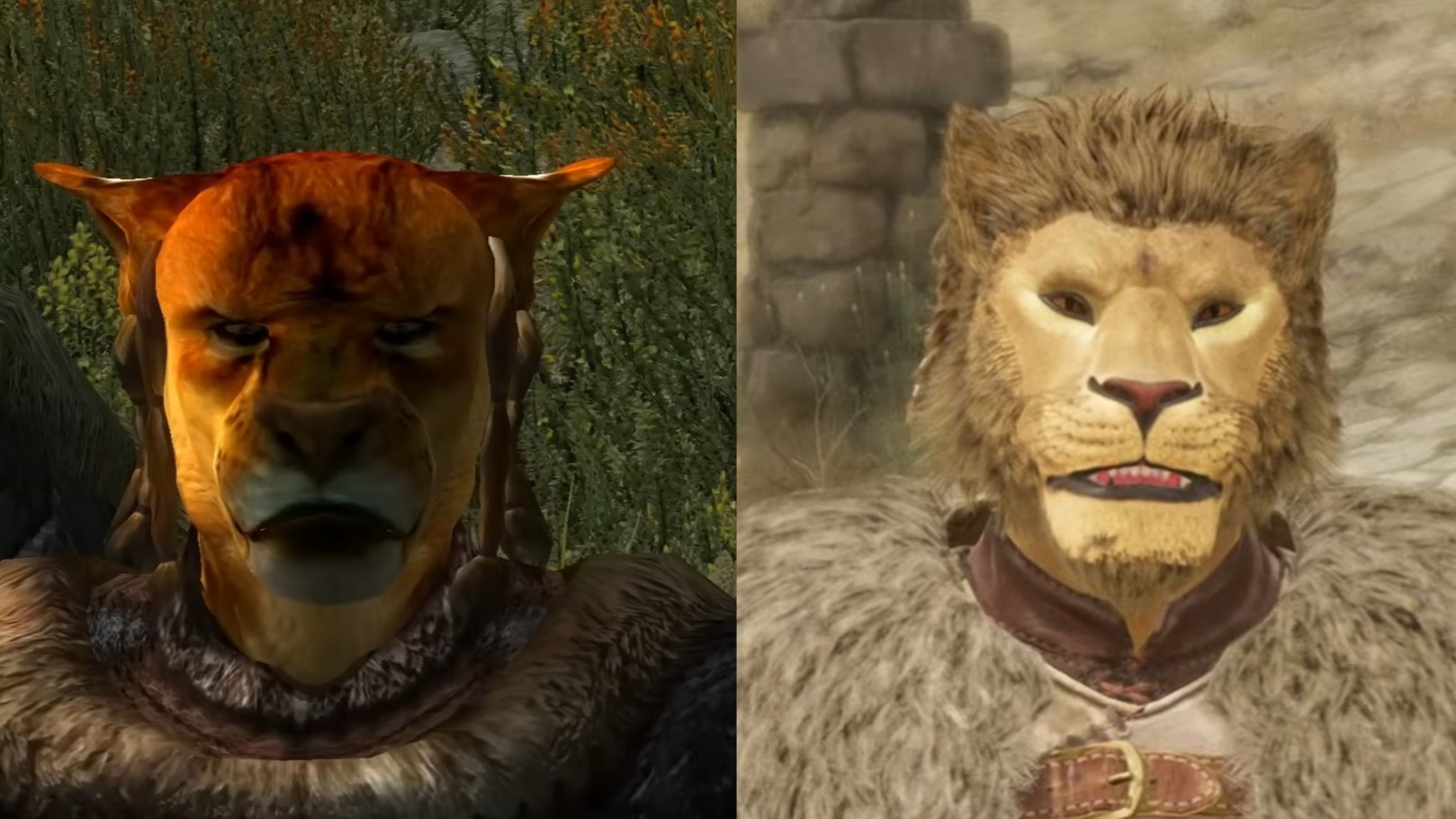Surface Book 2 vs. MacBook Pro (2017) tech spec comparison
The Surface Book 2 is a verifiable powerhouse, with a 6GB GTX 1060 GPU and Kaby Lake quad-core processing on the higher tiers. But how does it stack up to the competition? Very well.

Sure, the Surface Book 2 has a wide range of competition within the Windows market itself in terms of internal specs, but for many, the Surface Book 2 is a direct affront to Apple's 2017 MacBook Pro, sporting premium design standards and features geared towards "prosumer" creative types.
The MacBook Pro, like the Surface Book 2, has a wide range of options, but the best comparisons both in terms of price and features are on the high-end, so that's where we put the focus.
Here's how the Surface Book 2 stacks up against Apple's flagship, the MacBook Pro.
Surface Book 2 vs. MacBook Pro (2017) specs
| Model | Surface Book 2 13-inch | Surface Book 2 15-inch | MacBook Pro 13-inch | MacBook Pro 15-inch |
|---|---|---|---|---|
| Processor | Core i5 (dual-core 3.2GHz)Core i7-8650U (quad-core 4.2GHz) | Core i7-8650U (quad-core 4.2GHz) | Core i5 (dual-core 3.3GHz, Turbo Boost up to 3.7GHz)Core i7 (dual-core 3.5GHz, Turbo Boost up to 4.0GHz) | Core i7 (quad-core 2.8GHz, Turbo Boost up to 3.9GHz)Core i7 (quad-core 2.9GHz, Turbo Boost up to 3.9GHz) |
| Display type | 13.5-inch PixelSense Display1600:1 contrast ratio10-point multi-touch | 15-inch PixelSense Display1600:1 contrast ratio10-point multi-touch | 13.3-inch Retina Display720:1 contrast ratioTouch Bar | 15.4-inch Retina Display720:1 contrast ratioTouch Bar |
| Display resolution | 3000 x 20003:2 aspect267 PPI | 3240 x 21603:2 aspect260 PPI | 2560 x 160016:10 aspect227 PPI | 2880 x 180016:10 aspect220 PPI |
| RAM | 8GB or 16GB | 16GB | 8GB or 16GB | 16GB |
| Native graphics | Intel HD Graphics 620Intel UHD Graphics 620 | Intel UHD Graphics 620 | Intel Iris Plus Graphics 650 | Intel HD Graphics 630 |
| Discrete graphics | Core i5: NoneCore i7: NVIDIA GTX 1050 (2GB) | NVIDIA GTX 1060 (6GB) | None | Radeon Pro 555 (2GB)Radeon Pro 560 (4GB) |
| Storage | 256GB, 512GB, or 1TB | 256GB, 512GB, or 1TB | 256GB, 512GB, 1TB | 255GB, 512GB, 1TB, 2TB |
| Battery | 70WHrUp to 17 hoursUp to 5 hours in Tablet Mode | 80WHrUp to 17 hoursUp to 5 hours in Tablet Mode | Up to 10 hours | Up to 10 hours |
| Wireless | MarvelWi-Fi: IEEE 802.11 a/b/g/n/acBluetooth 4.1 | MarvelWi-Fi: IEEE 802.11 a/b/g/n/acBluetooth 4.1 | Wi-Fi: IEEE 802.11a/b/g/n compatibleBluetooth 4.2 | Wi-Fi: IEEE 802.11a/b/g/n compatibleBluetooth 4.2 |
| Xbox Wireless | No | Yes, built-in | No | No |
| Ports | Two USB Type-A 3.1 (Gen1)One USB Type-C w/ video, power in/out and USB 3.1 (Gen1) dataFull-size SDXC card reader (UHS-II)Headphone jack (3.5mm)Two Surface Connect ports (one in tablet, one in keyboard base) | Two USB Type-A 3.1 (Gen1)One USB Type-C w/ video, power in/out and USB 3.1 (Gen1) dataFull-size SDXC card reader (UHS-II)Headphone jack (3.5mm)Two Surface Connect ports (one in tablet, one in keyboard base) | Four Thunderbolt 3 (USB-C) ports, Headphone jack (3.5mm) | Four Thunderbolt 3 (USB-C) ports, Headphone jack (3.5mm) |
| Audio | Stereo speakers with Dolby Audio PremiumWindows Sonic for HeadphonesDolby Atmos for Headphones compatible | Stereo speakers with Dolby Audio PremiumWindows Sonic for HeadphonesDolby Atmos for Headphones compatible | Stereo speakers with high dynamic range | Stereo speakers with high dynamic range |
| Dimensions | 312 mm x 232 mm x 15 to 23 mm (L x W x D)12.3 in x 9.14 in x 0.59 to 0.90 in | 343 mm x 251 mm x 15-23 mm (L x W x D)13.5 in x 9.87 in x 0.57 to 0.90 in | 304 mm x 212 mm x 15 mm (L x W x D)11.97 in x 8.36 in x 0.59 in | 349 mm x 240 mm x 15 mm (L x W x D)13.75 in x 9.48 in x 0.61 in |
| Weight | i5 total: 1,533 g (3.38 lbs)i7 total: 1,642 g (3.62 lbs)Tablet: 719 g (1.59 lbs) | Total: 1,905 g (4.20 lbs)Tablet: 817 g (1.80 lbs) | 1,307g (3.02 lbs) | 1,830g (4.02 lbs) |
| Cameras | 5.0MP 1080p video at 30 FPS (front)8.0MP 1080p video at 30 FPS with auto-focus (rear) | 5.0MP 1080p video at 30 FPS (front)8.0MP 1080p video at 30 FPS with auto-focus (rear) | 720p (front) | 720p (front) |
| Biometrics | IR Camera | IR Camera | Touch ID | Touch ID |
| Price | Starts at $1,499 | Starts at $2,499 | Starts at $1,799 | Starts at $2,399 |
| Availability | November 16, 2017Preorders: November 9, 2017 | November 16, 2017 (U.S.)Preorders: November 9, 2017 | July 2017 | July 2017 |
Surface Book 2 vs. MacBook Pro: Making sense of the specs
As you can see, the Surface Book 2 beats the MacBook Pro in almost every area when it comes to tech specs. Some things are a little harder to test due to the different OSes in play, but in general, you should get far more performance out of the Surface Book 2 at every level.
The Radeon Pro 560 in the highest-end MacBook Pro is quite easily trounced by the GTX 1060 Mobile in almost every sense. In some cases, the GTX 1050 Mobile found in the 13-inch Surface Book 2 beats the Radeon Pro 560 found in the highest-end MacBook, providing better memory bandwidth and a higher clock speed. The Surface Book 2 range has relatively comparable processors in some configurations, but at the higher-end theSurface Book 2 dominates. The 13-inch MacBook Pro doesn't even come with a quad-core option, unlike the Surface Book 2 at 13 inches. For graphics and editing work, you're going to want a quad-core Surface Book 2, at least if you want the best.

Then, of course, there's form factor. The MacBook Pro is a standard clamshell laptop with a unique Touch Bar across the top of the keyboard. This allows you to quickly access certain features within apps, take small notes, produce tiny doodles, and has other uses when you tie-in the fact app developers can make use of it. The Surface Book 2, of course, has a full 10-point multi-touch screen, complete with 4,096 levels of inking pressure detection.
Get the Windows Central Newsletter
All the latest news, reviews, and guides for Windows and Xbox diehards.
Combined with the 2-in-1 reversible and detachable display, you can use the Surface Book 2 to create real art or take huge amounts of hand-written notes, without the need for an external drawing tablet. There are also some niche use cases like tent mode on a plane for media consumption, and tablet mode to consider, both of which are impossible with a MacBook Pro.


The Surface Book 2 has seen various refinements as a result of feedback obtained from Microsoft's first generation of devices. Key travel has been improved, the hinge has been balanced to support one-handed display opening, and you now have USB-C for the first time. The MacBook Pro supports full Thunderbolt 3, however, while the Surface Book 2 does not. That might be a problem for creatives in certain data-intensive industries. Also, there's the question of OS. Some applications like Adobe's creative suite simply have better integration with the shell on macOS, and shifting over to Windows can disrupt workflows if you're used to a Mac. These sorts of "quality-of-life" shell problems haven't really improved in recent Windows 10 updates, but that's a relatively minor issue for most.
The Surface Book 2 is a real monster PC, to the point where the 15-inch comes with Xbox wireless to support direct connections for Xbox wireless-compatible gaming peripherals. Considering its slim size, beastly power, and versatility as a 2-in-1 device, on paper, it's hard to fault the Surface Book 2 for anything really, even though its configurations are slightly more expensive. If you're shopping for laptops at $2,000, though, you probably don't care about an additional $100.
Bottom line
We won't know all the details until we conduct the full review, of course. If you're already making considerations between what flagship laptop to get, and Microsoft nails the Surface Book 2 firmware and software, the only real reason you should consider a MacBook Pro is if you really love MacOS ... or if you really love buying extra dongles.
Preorders for the Surface Book 2 should start on November 9, 2017.
Related reading

Jez Corden is the Executive Editor at Windows Central, focusing primarily on all things Xbox and gaming. Jez is known for breaking exclusive news and analysis as relates to the Microsoft ecosystem while being powered by tea. Follow on Twitter (X) and Threads, and listen to his XB2 Podcast, all about, you guessed it, Xbox!
